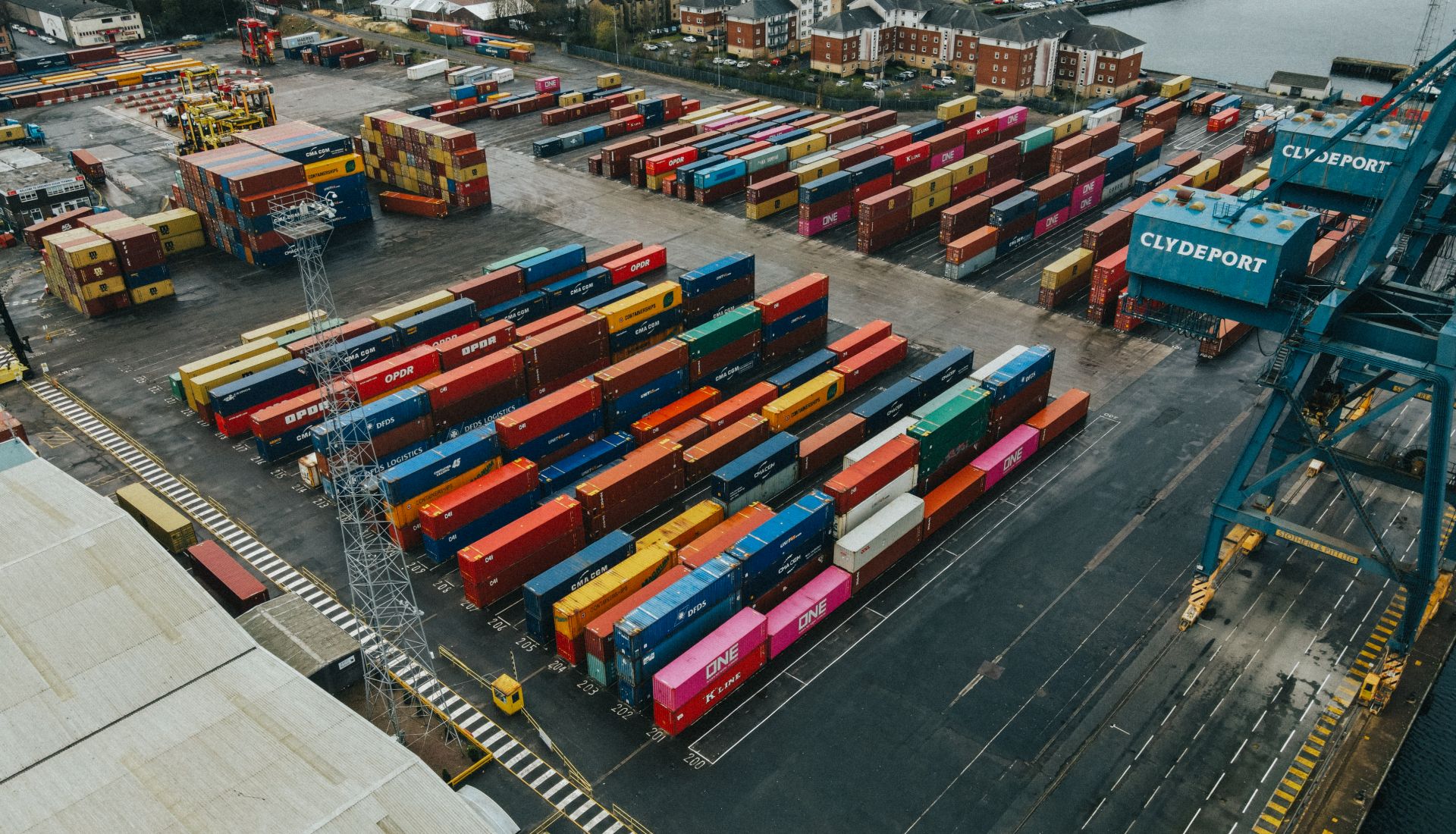The complex metropolises of the world present an intriguing mix of opportunities and challenges. For businesses and organizations operating in this setting, one of the most challenging aspects is undoubtedly business logistics.
Rooted in the machinery that drives metropolises, logistics is the backbone of urban life, from delivering vital supplies like food and medicine to moving material goods and information. With population growth and economic development, the demands on logistics networks are growing at a rapid pace.
Logistics in megacities follows a dual agenda: maximizing efficiency and minimizing environmental impact. Additionally, logistics operations must be resilient to disruptions and capable of adapting to rapid market changes.
With the world becoming increasingly globalized, supply chains have extended and grown more complex. Consequently, goods and materials now travel longer distances before reaching the end consumer. This increase in supply chain length has amplified the importance of effective logistics for business success.
In this context, the concept of last-mile logistics has gained significant relevance. It refers to the process of moving goods from the distribution center to the final destination of the customer. This is a critical aspect of the supply chain, especially in megacities, where logistical demands are highly concentrated and diverse.
Among the primary challenges of logistics in megacities are heavy traffic, inadequate infrastructure, and regulatory constraints. Additionally, the diversity in size, format, and nature of the consumer market adds another layer of complexity.
Overcoming these challenges requires an innovative approach, combining the latest technologies, efficient planning, and appropriate resource management strategies. Information technology, telematics, and autonomous vehicles are among the components being employed to address the logistical challenges in megacities.
However, technology alone is not sufficient. Effective logistics also require appropriate regulations, urban planning, and cooperation among the various stakeholders involved in the supply chain. This is a complex and challenging task in any environment, but it is particularly difficult in megacities, where needs and demands are diverse and constantly changing.
Cfreight, a company specializing in global logistics, has the capability to meet the complex and diverse logistics needs of megacities. With a combination of deep market knowledge, technical expertise, and a customer-focused approach, Cfreight is able to deliver logistics solutions that exceed expectations.




